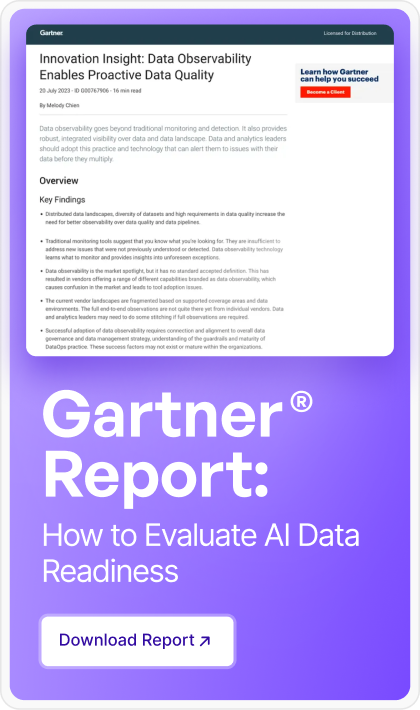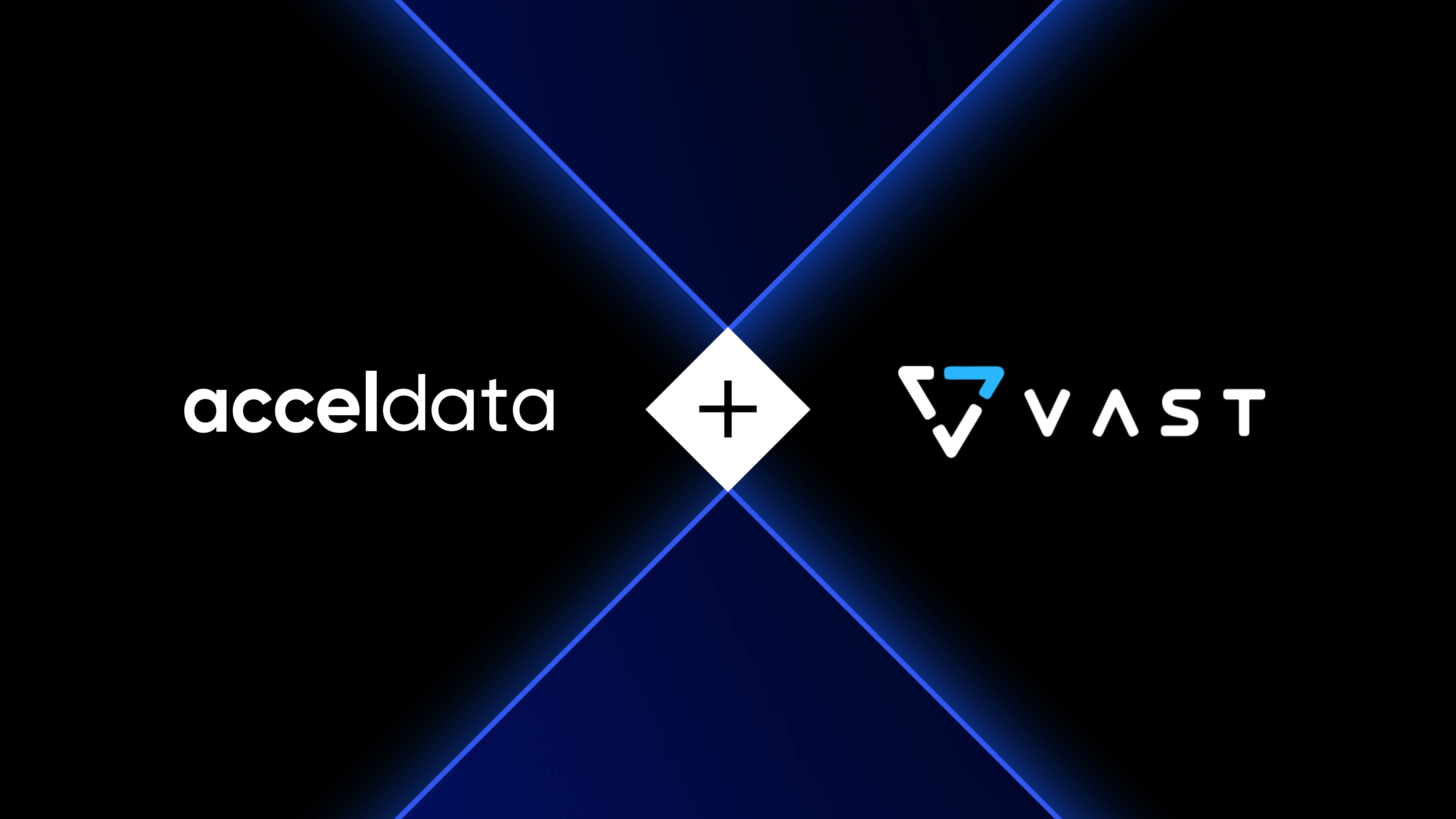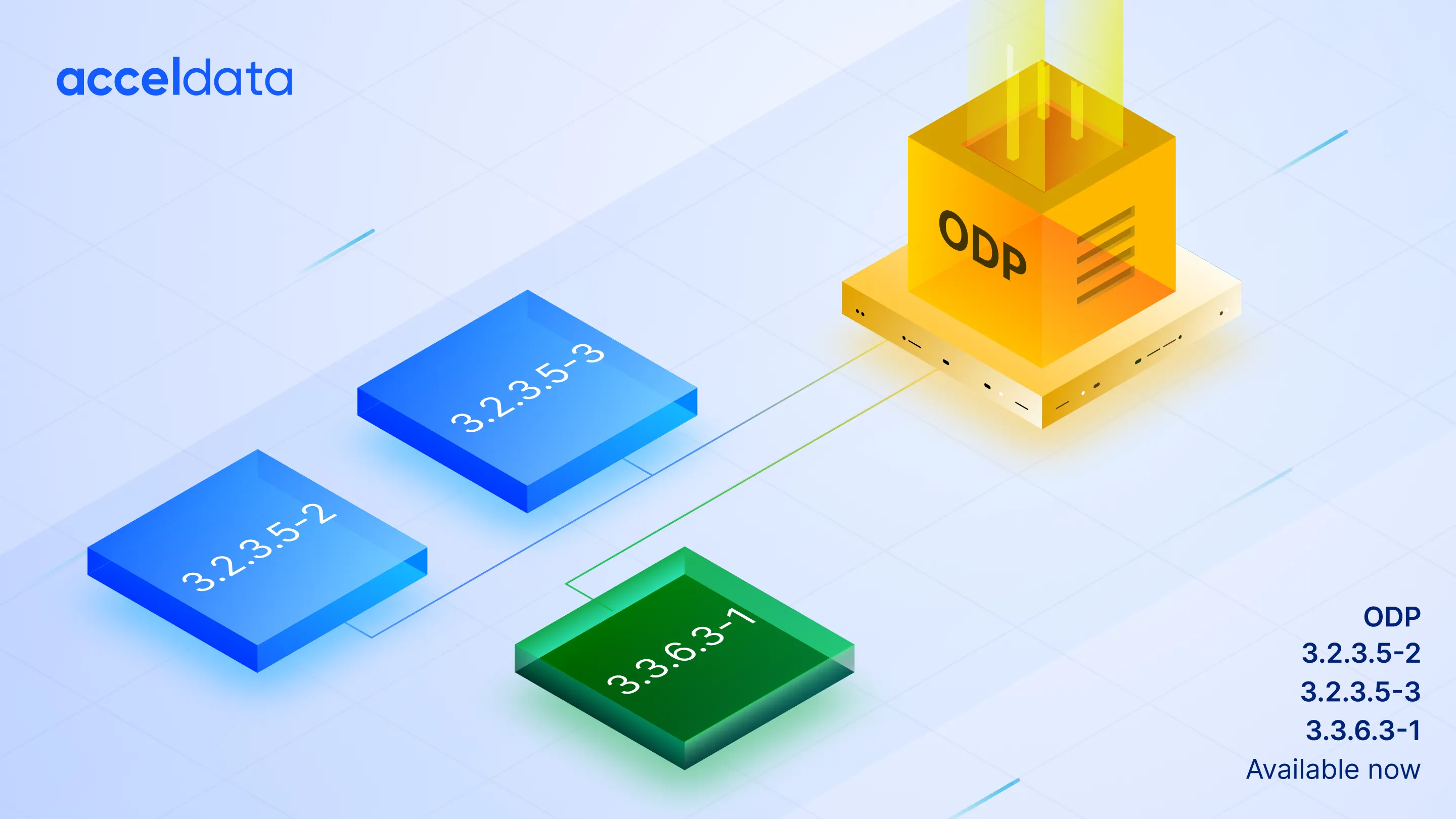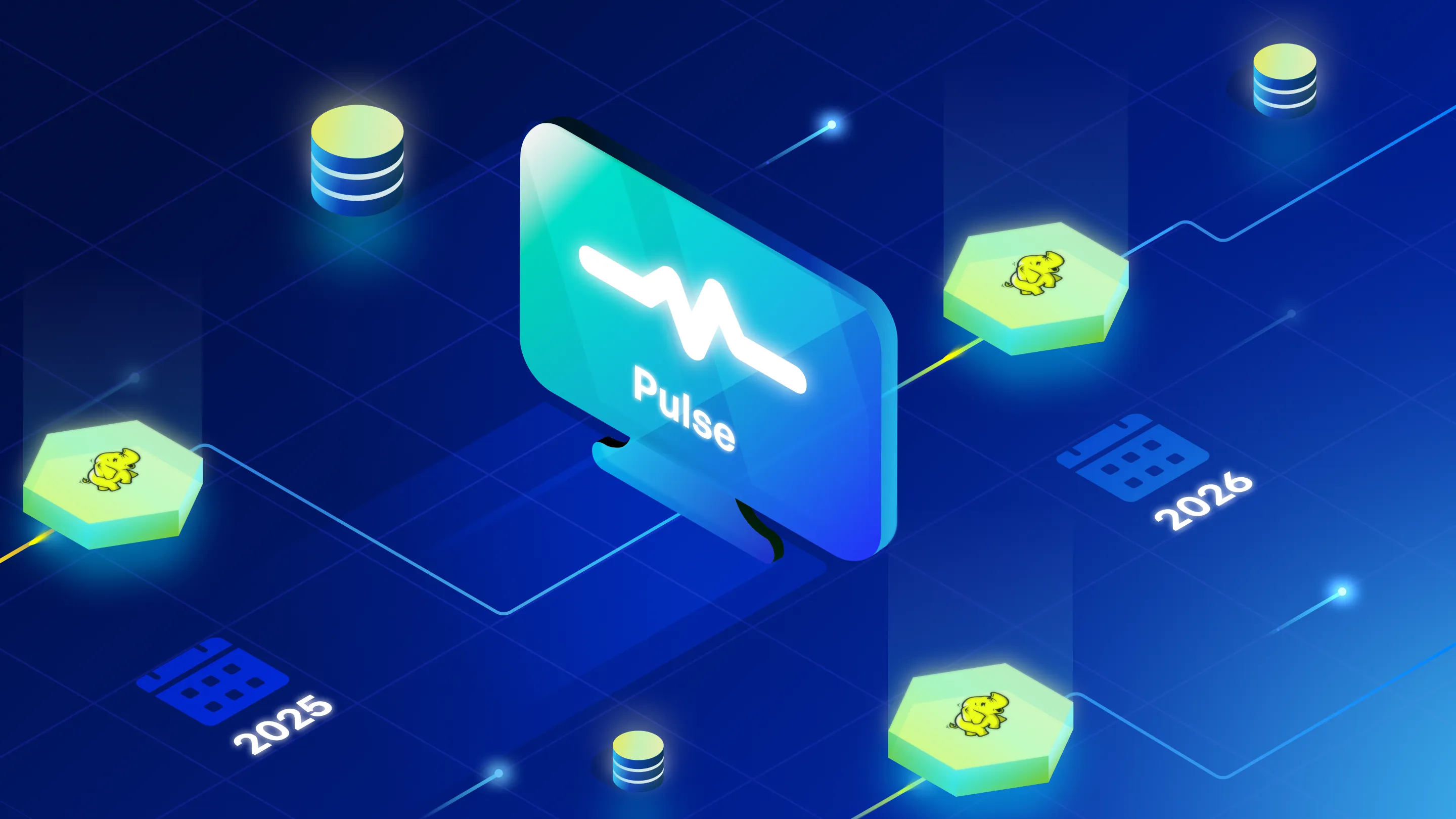The rise of Agentic AI—AI systems that can autonomously execute complex tasks, make decisions, and adapt dynamically—will dramatically reshape the technology landscape. The winners will be those who leverage this shift to enhance automation, decision-making, and business efficiency, while the losers will be those unable to adapt their existing models, architectures, and value propositions.
Winners in Agentic AI
- AI-First Enterprises – Companies that embed AI as a core operational layer, not just as an enhancement. Examples:
- NVIDIA, AMD, and Intel – Leaders in AI chips and compute power will thrive as demand skyrockets.
- OpenAI, Anthropic, Google DeepMind – Those building foundational agentic models will define how AI agents interact with real-world applications.
- NVIDIA, AMD, and Intel – Leaders in AI chips and compute power will thrive as demand skyrockets.
- Agentic AI Infrastructure Providers – Platforms that enable the creation, management, and security of autonomous AI agents.
- Acceldata & Data Observability Platforms – Managing data motion, lineage, and health becomes critical in an AI-driven world.
- Vector Database Companies (Pinecone, Weaviate, ChromaDB) – The backbone of AI memory, needed for reasoning and long-term recall.
- Acceldata & Data Observability Platforms – Managing data motion, lineage, and health becomes critical in an AI-driven world.
- AI-Augmented SaaS Companies – Enterprise software vendors that integrate autonomous agents into workflows.
- ServiceNow, Salesforce, HubSpot – Automating business operations with intelligent AI agents for decision-making.
- Databricks, Snowflake, AWS AI Services – Embedding AI-powered automation into data platforms.
- ServiceNow, Salesforce, HubSpot – Automating business operations with intelligent AI agents for decision-making.
- Compute and AI Acceleration Providers – Compute is the lifeblood of Agentic AI.
- Cloud Providers (AWS, GCP, Azure) – Hosting and optimizing AI workloads at scale.
- AI Compute Startups (SambaNova, Graphcore, Cerebras) – Specialized AI chips and hardware accelerate AI training and inference.
- Cloud Providers (AWS, GCP, Azure) – Hosting and optimizing AI workloads at scale.
- Human-AI Hybrid Workforces – Organizations that restructure work to maximize human-AI collaboration.
- Enterprises with AI-driven decision-making – Banking, healthcare, and supply chain firms that enable AI-driven business strategies will outperform competitors.
- Enterprises with AI-driven decision-making – Banking, healthcare, and supply chain firms that enable AI-driven business strategies will outperform competitors.
Losers in Agentic AI
- Rule-Based Automation Companies (RPA, BPM Vendors) – Traditional automation tools like UiPath, Automation Anywhere face existential threats as autonomous agents replace static workflows.
- Legacy Data Management Vendors – Companies stuck in traditional governance, ETL, and static data catalogs will struggle.
- Static data catalogs (Collibra, Alation, Informatica) may become obsolete if Agentic AI handles dynamic metadata management.
- Traditional ETL tools (Talend, Fivetran, Matillion) risk irrelevance as AI-based data movement and transformation become autonomous.
- Static data catalogs (Collibra, Alation, Informatica) may become obsolete if Agentic AI handles dynamic metadata management.
- Slow-Adapting Cloud and SaaS Companies – Software vendors that fail to embed AI-native agentic capabilities will be overtaken.
- Companies relying on manual workflows and dashboards will be disrupted by real-time AI-driven decision systems.
- Companies relying on manual workflows and dashboards will be disrupted by real-time AI-driven decision systems.
- Industries Dependent on Low-Skill, Repetitive Knowledge Work – AI agents will replace jobs in:
- Customer support and call centers
- Low-level software development and QA
- Financial analysis and bookkeeping
- Customer support and call centers
- AI-Compute-Intensive Companies Without Cost Optimization – Firms that build Agentic AI solutions without optimizing for cost efficiency will struggle with profitability if compute costs soar.
Key Takeaway
Agentic AI is reshaping competition by rewarding companies that enable autonomy, adaptability, and AI-driven decision-making while punishing rigid, manual, or rule-based systems. Businesses that fail to integrate AI-native automation and reasoning will become obsolete.
The biggest battles will occur in:
- Data infrastructure (who owns and manages the pipelines feeding AI?)
- Enterprise AI integration (who enables businesses to transition to AI-driven operations?)
- Agentic AI governance (who ensures compliance, safety, and efficiency in AI autonomy?)
This is a winner-takes-most market—agentic capabilities will define market leaders in the next decade.










.png)






.webp)
.webp)


